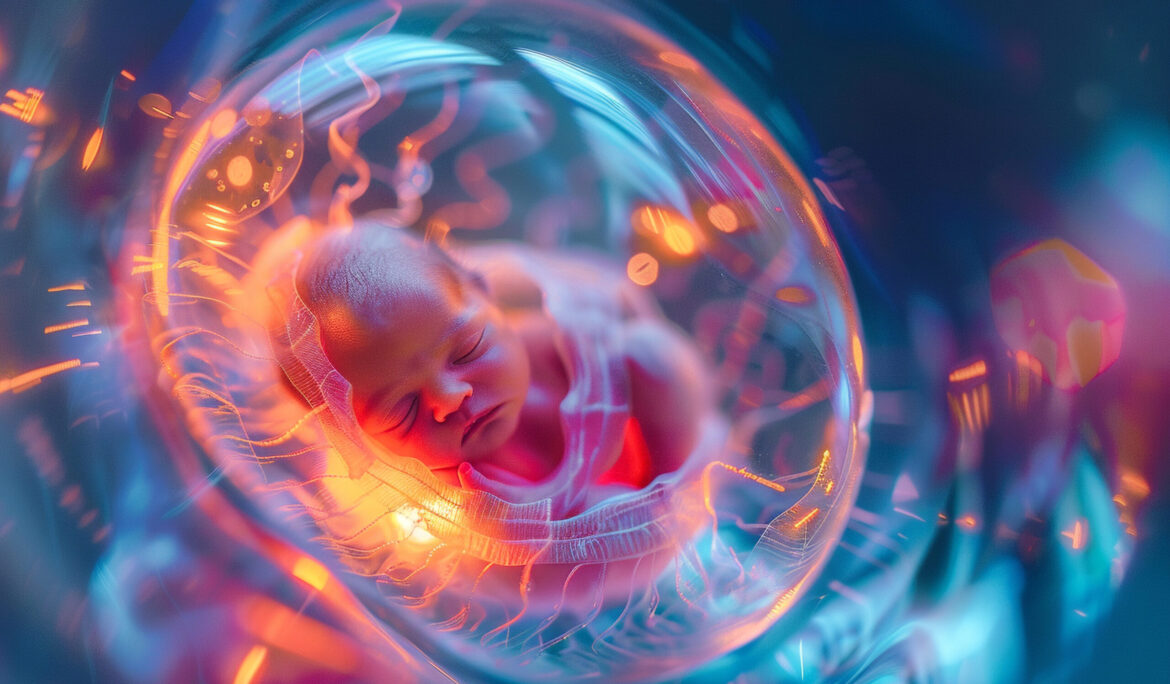Can Men Benefit from MKH Fertility Treatments?


Yes. MKH fertility treatments can benefit men by improving sperm quality, addressing male infertility issues, and enhancing overall reproductive health.
Fertility issues are not exclusive to women, as men contribute equally to the process of conception. In recent years, MKH (Mesenchymal Kök Hücre) therapy has gained recognition for its ability to improve female reproductive health, but can it benefit men as well? The answer is yes. MKH therapy holds the potential to enhance male fertility by improving sperm quality, supporting reproductive function, and promoting overall reproductive health. In this article, we will discuss how MKH therapy can be applied to male fertility challenges and how it could help men facing infertility issues.
How Can MKH Therapy Help Men with Fertility Issues?
MKH therapy is based on the use of mesenchymal cells, which are derived from the patient’s own tissues, such as bone marrow or fat tissue. These cells have regenerative properties that can help repair and rejuvenate tissues. When applied to male fertility, MKH therapy can target reproductive tissues such as the testes, helping to improve sperm production, enhance sperm quality, and support overall reproductive health.
| Condition | How MKH Therapy Helps |
|---|---|
| Poor Sperm Quality | Improves sperm motility, morphology, and vitality |
| Low Sperm Count | Supports sperm production by enhancing testicular health |
| Testicular Damage or Inflammation | Reduces inflammation and repairs damaged tissues, promoting better sperm production |
1. Improving Sperm Quality
Sperm quality plays a crucial role in male fertility. Factors like sperm motility (movement), morphology (shape), and vitality (health) are key to successful fertilization. MKH therapy has the potential to improve these factors by promoting tissue regeneration in the testes, leading to the production of healthier, more viable sperm.
2. Enhancing Sperm Production
Some men struggle with low sperm count, which can greatly reduce the chances of conception. MKH therapy works by stimulating the testicular tissues to increase sperm production, helping men with oligospermia (low sperm count) improve their fertility.
3. Repairing Testicular Damage
Men who have experienced testicular damage due to surgery, injury, or medical conditions may benefit from MKH therapy. The regenerative properties of MKH cells can help repair damaged testicular tissues, reducing inflammation and enhancing the body’s ability to produce healthy sperm.
Who Is a Good Candidate for MKH Fertility Treatment for Men?
MKH therapy may be suitable for men facing a variety of fertility challenges, including:
- Men with Poor Sperm Quality: Those whose sperm motility, morphology, or vitality is below normal.
- Men with Low Sperm Count: Individuals diagnosed with oligospermia or low sperm production.
- Men Who Have Had Testicular Damage: Those recovering from surgery, injury, or inflammation affecting the testes.
- Men with Unexplained Infertility: Couples where male infertility is a factor, and the cause is not clearly identified.
| Candidate Type | Why MKH Therapy May Help |
|---|---|
| Men with Poor Sperm Quality | Enhances sperm health by promoting regeneration in reproductive tissues |
| Men with Low Sperm Count | Stimulates sperm production in the testes |
| Men with Testicular Damage | Repairs damaged tissues, reducing inflammation and promoting recovery |
What Are the Benefits of MKH Therapy for Male Fertility?
MKH therapy offers several benefits for men struggling with fertility issues:
- Non-Invasive and Natural: Since MKH therapy uses cells derived from the patient’s own body, it minimizes the risk of complications or rejection. The treatment is minimally invasive, typically involving an injection of processed mesenchymal cells into the target area.
- Tissue Regeneration: MKH therapy promotes tissue repair and regeneration, which can improve the function of reproductive organs such as the testes.
- Enhanced Sperm Quality and Quantity: By improving the health of the testicular tissues, MKH therapy can increase both the quality and quantity of sperm, improving the chances of successful conception.
| Benefit | Description |
|---|---|
| Non-Invasive | Uses the patient’s own cells, reducing risks |
| Tissue Regeneration | Promotes healing and regeneration in testicular tissues |
| Improved Sperm Quality | Enhances motility, morphology, and sperm health |
| Increased Sperm Production | Stimulates the production of more viable sperm |
How Is MKH Therapy Administered to Men?
The process of administering MKH therapy to men involves a few key steps:
- Initial Consultation: The fertility specialist will assess the patient’s medical history and fertility issues to determine whether MKH therapy is appropriate.
- Cell Collection: Mesenchymal cells are collected from the patient’s bone marrow or adipose (fat) tissue.
- Processing: The collected cells are processed in a lab to concentrate the mesenchymal cells.
- Injection: The processed MKH cells are injected into the target area, typically the testes, to promote regeneration and healing.
The procedure is minimally invasive, and most patients can resume their normal activities shortly after treatment. Results may take a few months to become noticeable, as the body gradually repairs and regenerates the targeted tissues.
Conclusion
MKH therapy offers promising benefits for men facing fertility challenges such as poor sperm quality, low sperm count, or testicular damage. By promoting tissue regeneration and enhancing sperm production, MKH therapy provides a natural, minimally invasive option for improving male fertility and increasing the chances of conception.
If you’re struggling with male infertility, contact us today to learn more about how MKH therapy can help improve your reproductive health and support your fertility journey.



